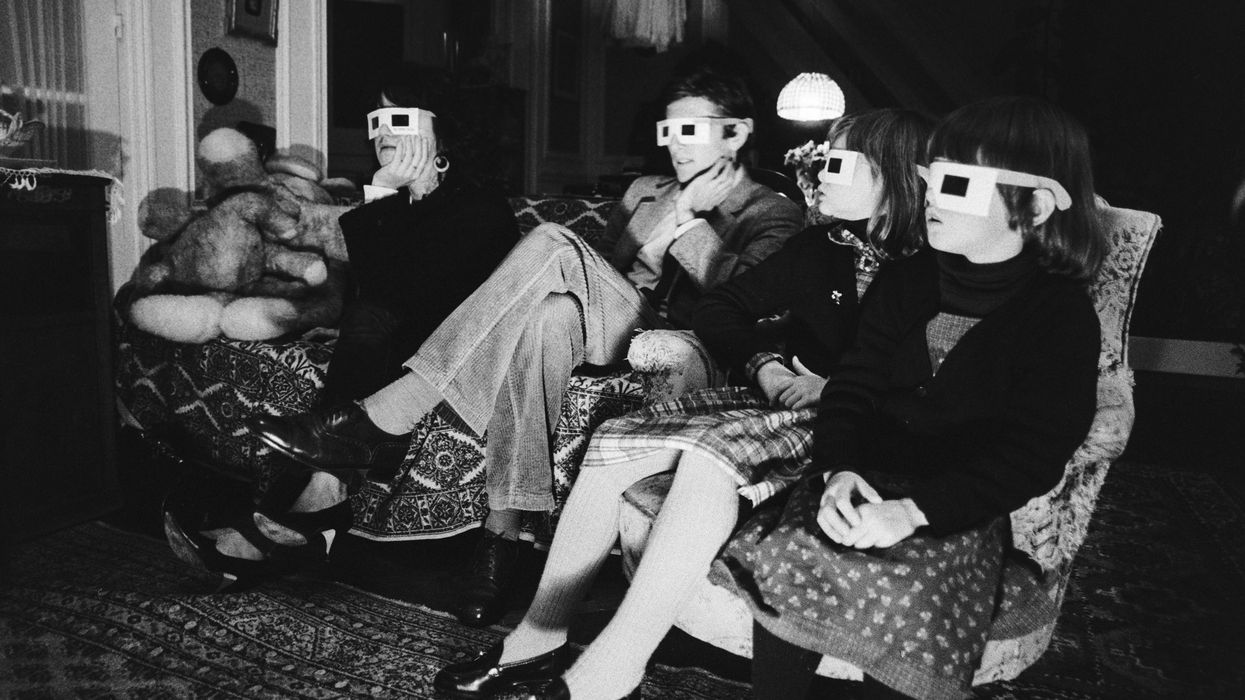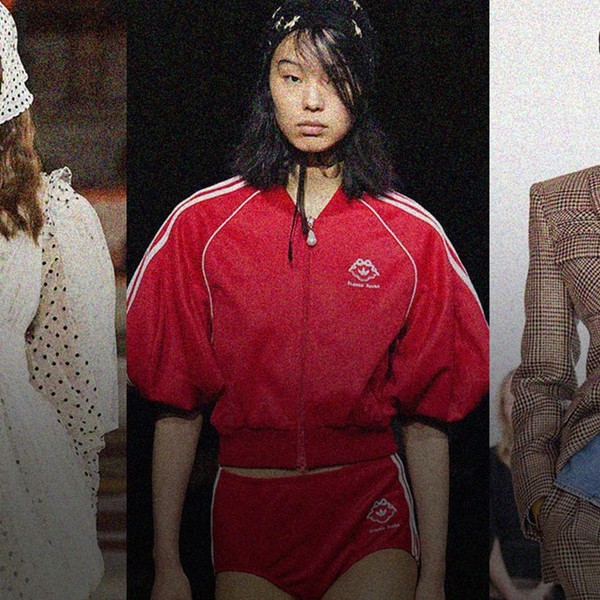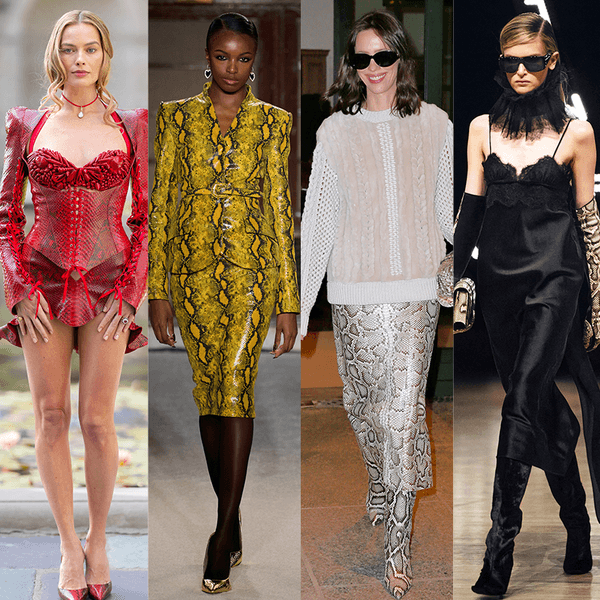Was It Good or “Fake Good”?
I wanted to love it, I maybe even said I did, but something feels like it’s missing.

I, like everyone stuck in their early pandemic fugue state, watched The Queen’s Gambit on Netflix. Everyone was infatuated with the Dickensian orphan story turned pseudo sports thriller about a young red-headed woman becoming a Cold War-era chess champion. Reviewers sung its praises across the internet, friends and friends of friends told me it was a ‘must,’ and even Obama put it on his list of 2020 top favorites. I hunkered down to stream the seven hours of Anya Taylor-Joy pursing her lips before making her signature “aggressive” chess moves, but by the third episode, I felt a creeping panic arise. I liked the show—it was polished, engaging, and the story’s arc was largely satisfying—but I didn’t love it. It felt similar to when I pretended to have a crush on Chace Crawford from Gossip Girl in middle school—he’s cute, but I don’t think I’m feeling what the other 6th graders are feeling. Turns out that was a gay panic, but well into my 20s with my sexuality all sorted out, I had no clue how to ascribe the panic sparked by this Netflix series. Was I just missing something? Am I not picking up on what everyone else is? After asking my friend to watch the series, she got through the pilot and simply said, “Oh. So this is fake good?” In that moment, she set me free. “Fake good.” Where has that phrase been all my life?
Now, if you loved The Queen’s Gambit, I am not here to judge you. The show followed a very successful formula and thereby became a very successful show. But there was something notably missing: the kind of incisiveness, wisdom, and je ne sais quoi that I found in shows like Mad Men, Atlanta, or Succession. Bold moments of dialogue, weirdness, and conflict that strike a human chord. For lack of a better term, nothing in The Queen’s Gambit made me swoon. There were some obvious plot holes that bothered me from the start—who plays chess better on tranquilizers? Wouldn’t the 1960s housewife amphetamines be a better fit for that? For a show everyone loved so much, why was the character Jolene sidelined to a racial trope that our culture had long since compelled the media to call out? Plot holes aside, the characters felt one-dimensional, and their struggles became a placeholder for some higher meaning that never quite delivered a salient analysis of the human condition; a Trojan horse with no surprise inside. The show had all the ingredients of being good, but it all felt a bit too algorithmic.
Now armed with the term “fake good,” I finally had some retrospective closure on other films that sparked a similar confusion. Just a caveat: if any of the films I am about to mention sparked joy for you, that’s totally cool. The beauty of “fake good” is that it is entirely subjective. An adjective you can deploy at your own discretion. So now I’m giving myself permission to be…in so many words…a judgemental bitch. My first target: Darren Aronofsky. For me, personally, he is the patron saint of “fake good.” When the film Mother! came out, my former art school cohort was totally divided on whether or not the film was genius or trash. Firstly, I take umbrage with any movie title I feel is screaming at me, but that is the least of its problems. People tried to sway me on the fact that Aronovsky claims to have written the film in a single weekend as though that was proof of its inherent genius—after I saw it, I thought, “Yep, a weekend seems about right.” The film quickly hits you over the head with metaphors of the Bible, God, the fall of man, Mother Earth, and the hubris of man’s creativity. The sophomoric metaphors, devoid of any humor, felt preachy and smug. Its self-seriousness made some of the most horrific scenes almost funny. The film started with a theme and then failed to elaborate. Man has a rapacious relationship to Mother Earth. Yes. And? That was it. I would struggle to find anyone that wasn’t abundantly aware of this universal truth before seeing the film. It was less “show don’t tell” and more “show and tell.” It was mansplaining that verged on shouting.
I felt the same way about Nicholas Winding Refn’s The Neon Demon. There have been many a movie about Hollywood’s cannibalistic relationship with young, beautiful, naive women. Did I need to see that spelled out by supermodels quite literally eating each other? Probably not. I especially didn’t need to see Jenna Malone as a lesbian necrophiliac. That’s not to say that shock value and gore can’t be powerful cinematic tools to convey a larger idea; David Cronenberg’s Videodrome is a beautiful example of that. In The Neon Demon, the cannibalism wasn’t even a metaphor. It was just a redundancy. While I overall enjoyed the film Triangle of Sadness, it fell prey to some similar “fake good” tendencies. In a movie so clear in its mission of class critique, did we really need a scene where a yacht captain and a Russian oligarch drunkenly debate communism vs. capitalism over a loudspeaker while the rich patrons suffer from graphically explosive seasickness? It’s a bit of a hat on a hat if you ask me. In more recent news, the internet seems to be divided on whether or not the Hulu series The Bear is the tour de force the critics claim it is or a thin-on-comedy, over-boiled drama without much substance—“good good” vs. “fake good” is a debate that endures.
I am not using “fake good” to simply dunk on movies that disappointed me. It’s far more elastic than that. Sometimes a movie is “good good” but a single scene felt “fake good” (i.e., Triangle of Sadness). On the flip side of “fake good” is “secretly good”—movies that you aren’t supposed to be masterpieces but you find surprisingly resonant (i.e., Showgirls or Shrek 2). “Fake good” extends beyond the universe of film and television. A restaurant can be “fake good.” A trendy new cocktail can be “fake good.” A book, a musical album, an event, sex—they can all inspire that same feeling. “Fake good” is not simply disappointment with an experience you were told would be fantastic, it’s a more nuanced feeling—when you so badly want to love something but you feel a particular twinge. As a tween, I read a young adult novel (I’m 90% sure it was Sisterhood of the Traveling Pants 2, but the Internet cannot tell me), and in one scene, a character claims to feel one way but, upon saying it out loud, realizes her true feelings are in opposition because she “knew what a lie felt like.” That’s precisely the feeling that “fake good” inspires. I want to say I love it, I might even claim to love it, but I get that creeping sensation that it feels like a lie. And in a world over-saturated with hyperbole, doesn’t it feel good to reclaim that nuance?




